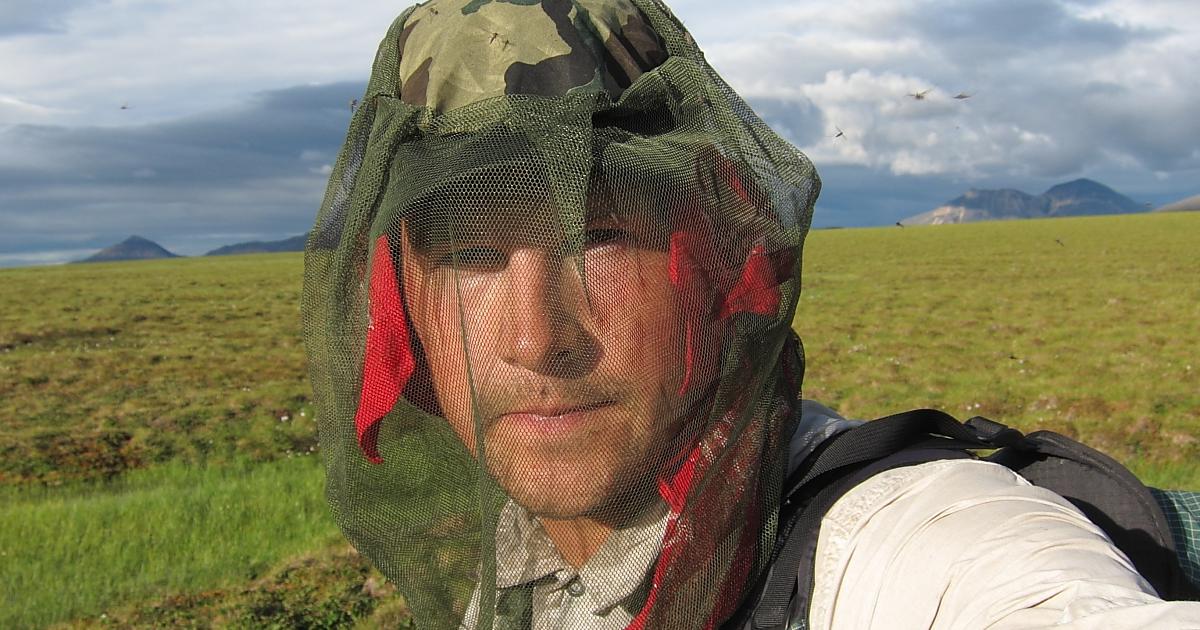Zika Virus Prevention – What Can You Do?
The Zika virus is a disease spread by mosquitos. It is famously known for making individuals suffering from it feel deathly ill. It typically causes flu-like symptoms, such as fever, joint pain, and fatigue. Zika virus can also be accompanied by red eyes and a rash. It is best for individuals to avoid this disease at all costs, especially if pregnant, as it may cause serious health complications for both the mom and baby. Thankfully, individuals can prevent the development ofthe Zika virus by avoiding mosquitos with these helpful tips.
Wear Appropriate Clothing

Wearing the right clothing can go a long way in repelling mosquitos. When in an area that has had recent outbreaks of the Zika virus, it is important for individuals to wear long-sleeved shirts and pants that fully cover the legs. Loose clothing will be more efficient than tight-fighting options and the thicker the material is, the less likely a mosquito will be able to bite through it. Also, the lighter in color the clothes are, the better, as mosquitos are more attracted to dark tones.
Administer Bug Spray

Applying strong bug spray liberally is wise for keeping mosquitos at bay. When traveling to affected areas, individuals should always keep various forms of repellent handy and administer them as much as needed. This is a time where investing in a more expensive, yet effective, brand is well worth the extra money spent. Taking a week’s worth of sick days from work is far more detrimental to an individual's budget than spending a few extra dollars on a top-quality bug spray.
